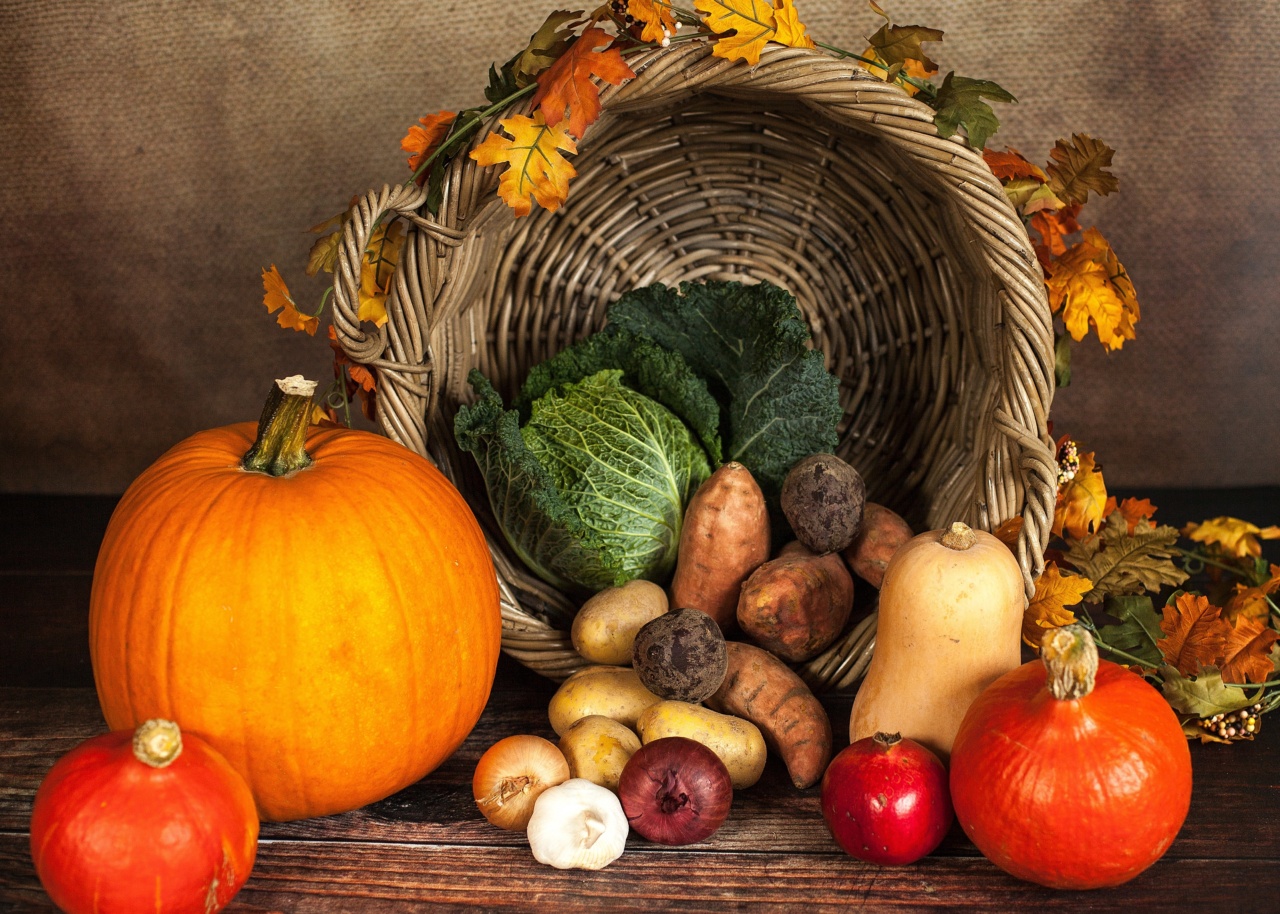When it comes to happiness, many factors play a role in our overall well-being. From relationships to self-care practices, there are various ways to cultivate happiness in our lives. However, one often overlooked aspect is our diet.
What we eat has a direct impact on our physical health, but did you know that it can also affect our mental and emotional well-being? In this article, we will explore the power of fruits and vegetables in promoting happiness and discuss how incorporating them into our diet can lead to a more fulfilling life.
The Link Between Diet and Happiness
It’s no secret that a healthy diet contributes to our physical well-being. Eating a variety of fruits and vegetables provides essential vitamins, minerals, and fiber that support our bodily functions.
But the benefits of a nutritious diet go beyond physical health. Research has shown that what we eat can also affect our mood, emotions, and overall happiness.
Nutrients That Promote Happiness
Fruits and vegetables are packed with essential nutrients that play a crucial role in our mental and emotional well-being. Here are some key nutrients that can boost happiness:.
1. Vitamin C
Vitamin C, commonly found in citrus fruits like oranges and grapefruits, is not only essential for our immune system but also plays a role in boosting our mood.
Studies have shown that vitamin C can help reduce symptoms of depression and improve overall well-being.
2. Folate
Folate, a B vitamin found in leafy greens such as spinach and kale, has been linked to a lower risk of depression. It helps the body produce serotonin, a neurotransmitter that regulates mood, sleep, and appetite.
3. Omega-3 Fatty Acids
Omega-3 fatty acids, primarily found in fatty fish like salmon and trout, have been shown to have a positive effect on mental health. These essential fats can improve symptoms of depression and boost overall brain function.
4. Magnesium
Magnesium, found in bananas, avocados, and leafy greens, is known for its calming effects on the body. It helps regulate stress hormones and can improve sleep quality, leading to enhanced mood and reduced anxiety.
5. Antioxidants
Fruits and vegetables are rich in antioxidants, such as vitamin E and beta-carotene. These powerful compounds protect our brain cells from oxidative stress and inflammation, which can contribute to the development of mood disorders.
The Gut-Brain Connection
Another reason why fruits and vegetables can promote happiness lies in the gut-brain connection. Our gastrointestinal system, often referred to as the “second brain,” is home to millions of bacteria that influence our mental health.
Fruits and vegetables with their high fiber content act as prebiotics, feeding the good bacteria in our gut and promoting a healthy microbiome. Studies have shown that a balanced gut microbiome is linked to reduced symptoms of depression and anxiety.
How to Incorporate Fruits and Vegetables Into Your Diet
Now that we understand the importance of fruits and vegetables for happiness, let’s explore some practical tips on how to incorporate them into our daily diet:.
1. Start Your Day with a Nutrient-Rich Smoothie
A smoothie packed with fruits, leafy greens, and a source of healthy fat like avocado or nut butter is a fantastic way to kick-start your day. It’s quick, convenient, and provides a wealth of essential nutrients to fuel both your body and mind.
2. Add Vegetables to Every Meal
Make it a habit to include vegetables in every meal, whether it’s adding spinach and tomatoes to your omelet or enjoying a large salad with your lunch or dinner.
The more variety, the better, as different vegetables offer different nutrients and flavors.
3. Snack on Fresh Fruits
Instead of reaching for processed snacks when hunger strikes, opt for fresh fruits. Keep a bowl of colorful fruits on your kitchen counter or pack a piece of fruit in your bag when you’re on the go.
Fruits are not only delicious but also provide a natural boost of energy and happiness-inducing nutrients.
4. Experiment with Plant-Based Recipes
There are countless plant-based recipes available online that can help you discover new and exciting ways to enjoy fruits and vegetables.
From colorful Buddha bowls to zucchini noodles, embracing plant-based meals can expand your palate and bring joy to your plate.
5. Grow Your Own Fruits and Vegetables
If you have a garden or even a small balcony, consider growing your own fruits and vegetables. There’s something incredibly rewarding and fulfilling about harvesting produce that you have nurtured.
Besides the satisfaction of growing your own food, you’ll also have access to the freshest and most nutritious ingredients.
The Power of Fruits and Vegetables for Happiness
It’s clear that fruits and vegetables offer more than just physical health benefits.
With their abundance of essential nutrients and their positive effects on the gut-brain connection, they have the power to uplift our mood, reduce symptoms of depression, and enhance overall happiness. By making small changes in our diet and incorporating more fruits and vegetables, we can eat our way to a happier and more fulfilling life.





























